The News-Hub/ Articles
Back to Articles
Recommended Articles
The Plastic Waste Problem: How Do We Stop It?
Have you ever been to a rubbish clean-up event? It’s very grounding – pun intended.
But seriously, waste causes endless problems and many waste management systems have simply not been designed to handle the large amounts of waste we produce. Here’s a quick summary of just some of the problems we face and how we can help.
On a clean-up day, like those organised by Thames 21 and the Marine Conservation Society (MCS), you will join a group to collect several tonnes of pure stuff. The MCS has collected 319 tonnes of waste on their beach clean-up events so far, with 11 tonnes collected on just one beach clean-up weekend in November 2019.
However, what’s really interesting is the stuff you find. There will be the expected wet wipes, crisp wrappers, bottles, lolly, and earbud sticks, but you will also get large amounts of cigarette butts and sanitary pads. These items are made of plastic and contain toxic chemicals that are mostly safe for the consumer but wreak havoc on the environment.
Some of this rubbish will be brand new, and others may be several years old because there are many different ways for waste to get into the environment. And most of it doesn't break down. That means that your waste could be in the environment years after you've discarded it. A recent Natural History Museum interview about plastic in the River Thames revealed that, in a recent river rubbish survey, a 30-year-old, practically intact, Hola Hoops packet was found. Who knows how far it had travelled or what damage it had caused along the way?
Killer Litter
Most of us don’t intentionally litter. But when it escapes, rubbish quickly becomes embedded into the soil and is easily blown or swept into our waterways and oceans.
Plastic escapes at all stages of its life-cycle and causes harm. The Royal Society for the Prevention of Cruelty to Animals (RSPCA) gets around 5,000 calls per year about wild animals in need of help due to littering. Plus, these calls are mostly about animals in our direct care, including dogs, cows, and horses, which are generally seen by vets. Therefore, the actual number of affected animals is probably much higher.
You may wonder how litter can pose such a threat to wildlife. In most situations, animals mistake pieces of plastic for food, due to the material's smell and colour. Sometimes this consumption is accidental; animals are likely to eat plastic if it's abundant in their environment and near the food they do consume. Rubbish consumption is a common cause of death for birds as pieces of plastic get lodged in their stomachs. Having a belly-full of plastic often leads to death by starvation. In fact, according to the American Fish and Wildlife Service, an estimated 5 tonnes of plastic are fed to Albatross chicks at Midway Atoll Wildlife Refuge (a nesting colony site) alone. Some pieces of plastic are very sharp and cause internal punctures to these chicks’ small bodies, leaving them prey to infections and fatal bleeding.
But it's not just the consumption of plastic that's affecting wildlife, it's dangerous chemicals from our litter too. Trillions of cigarette butts using cellulose acetate filters (which are made from plastic and not biodegradable) are dropped into the environment every year. This is an estimated 18 billion a day. These butts are especially toxic because they leak nicotine, heavy metals and other toxins into the environment, which are particularly problematic for aquatic life and ecosystems.
How Can We Help?
Most man-made litter is designed to last and can go on causing problems for generations. The most simple direct action you can take is it discard your litter responsibly. When you're out and about, throw rubbish into public bins (as long as they're not overflowing) or please take your rubbish home with you.
Cigarette butts should never be thrown on the floor; when you're out, take a bag or container with you to put them in, ready to dispose of later. Dedicated products are available to prevent smells from leaking and are compact for easy carrying.
In other areas of your life, try to pick items with reusable packaging and avoid prepackaged goods wherever possible. Remember that things like fruit and vegetables already have their own protection: their skin! Going to a littler clean-up is also a great way to help combat killer litter and is actually a lot of fun. It's a good way to exercise and meet new people, whilst doing your bit for the environment. Protective gear will be provided so you don't have to worry about safety when handling other people's rubbish.
Not So Clean Hygiene Products
Sanitary products and wet wipes are amongst the worst offenders when it comes to environmental damage. And that's often because they're put in the toilet, not the bin. Waste flushed down the toilet should only ever be one of the 3 Ps (pee, poo or paper). In sinks, it should only be wastewater. Food and inorganic bathroom waste should go in the bin. This is because, when products such as wet wipes, cotton pads, sanitary products, or FOGs (fats, oils, and grease) are washed down the drain, they can create fatbergs.
Fatbergs are gross, rock-like masses of waste that form quickly when wet wipe fibres expand out in the water, get caught on rough edges in pipes, and soak up grease from cooking fat and milk discarded down sink drains (oil spillage). They block up pipes and sewage systems, costing local councils millions every year, and often contain biodegradable ingredients that become as hard as concrete and not to mention incredibly foul. In 2019, an enormous fatberg, which was the size of a double-decker bus and weighed 40 tonnes, was removed from a sewer in Greenwich, London with water jets – it took three weeks to remove it. The fatberg was taking up 80% of the pipe’s capacity. Who knows how many nasty things leaked out of it and into the environment before it was removed...
But not all hygiene products end up as fatbergs. If there is a heavy rainstorm, items flushed down the toilet can also be flushed out of drains and overflow pipes, often ending up in low-level places like rivers and estuaries. This can result in structures like the “Hammersmith wet wipe island” or products disappearing out to sea, where they release millions of microplastics, ready for marine life to consume and be harmed by.
What Can We Do?
There are many eco-friendly hygiene products available. Stick to reusable items such as face towels, make-up removal clothes and fabric sanitary pads. As well as being good for the environment, these products are better for us too.
Fabric sanitary towels or period wear are often more comfortable than the conventional plastic pad, especially when it comes to the summer months. Menstrual cups are a great alternative to plastic tampons too. I highly recommend the Ruby Cup. They are a bit less hard in touch compared to other cups and come in pretty colours. Plus, for every purchase they donate a Ruby Cup to a Kenyan girl in need, thus doubling the impact of your buy.
All in all, we must take responsibility for our waste. The general rule here is to consume less. Even recyclable plastic has its costs and most of it ends up in landfills anyway due to poor waste management practices. Aim to get packaging-free products and, where you can't, opt for reusable or biodegradable packaging.
You could also keep a compost heap or use your council’s compost collection service. If you consume a lot of packaging, check what happens to your waste. In an ideal situation, your waste will be sent to an incinerator where the energy generated will be used for heating. Plastic is an especially good candidate for heating fuel as it melts back down into oil and is easily burned.
A landfill should always be the last resort. They aren't managed forever and will keep costing us long after they're full. In addition, we are running out of space in the UK while countries like Malaysia and Indonesia have all started returning British waste due to health-related problems caused by our waste, which you can learn more about via our article on “The Influence of Corruption on Plastic Pollution”.
It can be tricky to always find sustainable and green options. You can help make them more easily available by asking your MP and local businesses to promote them. Don’t just accept what you get, ask for what you want. Ask for the cleaner, healthier world that we and future generations deserve.Empty content. Please select category to preview

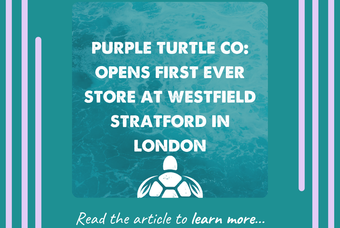
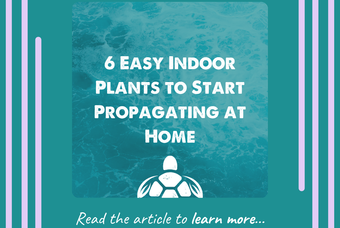
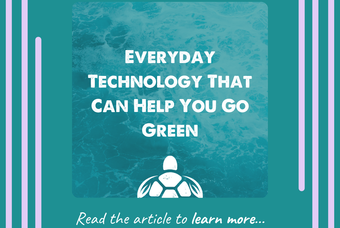
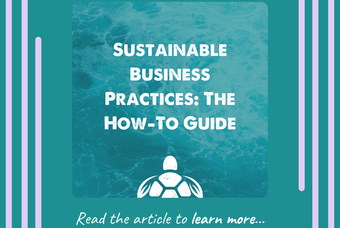
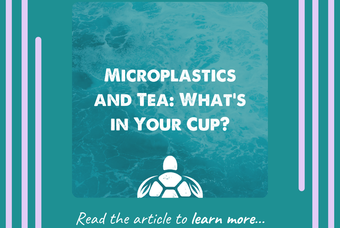
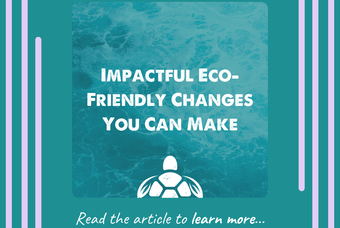
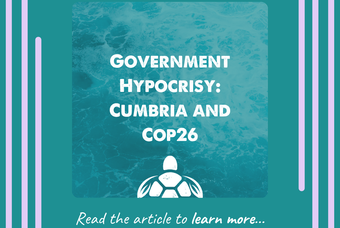
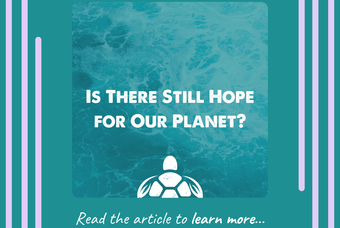
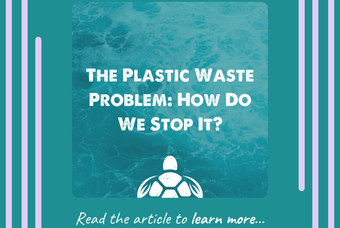
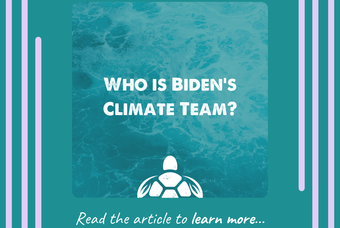
0 comments. Write a comment